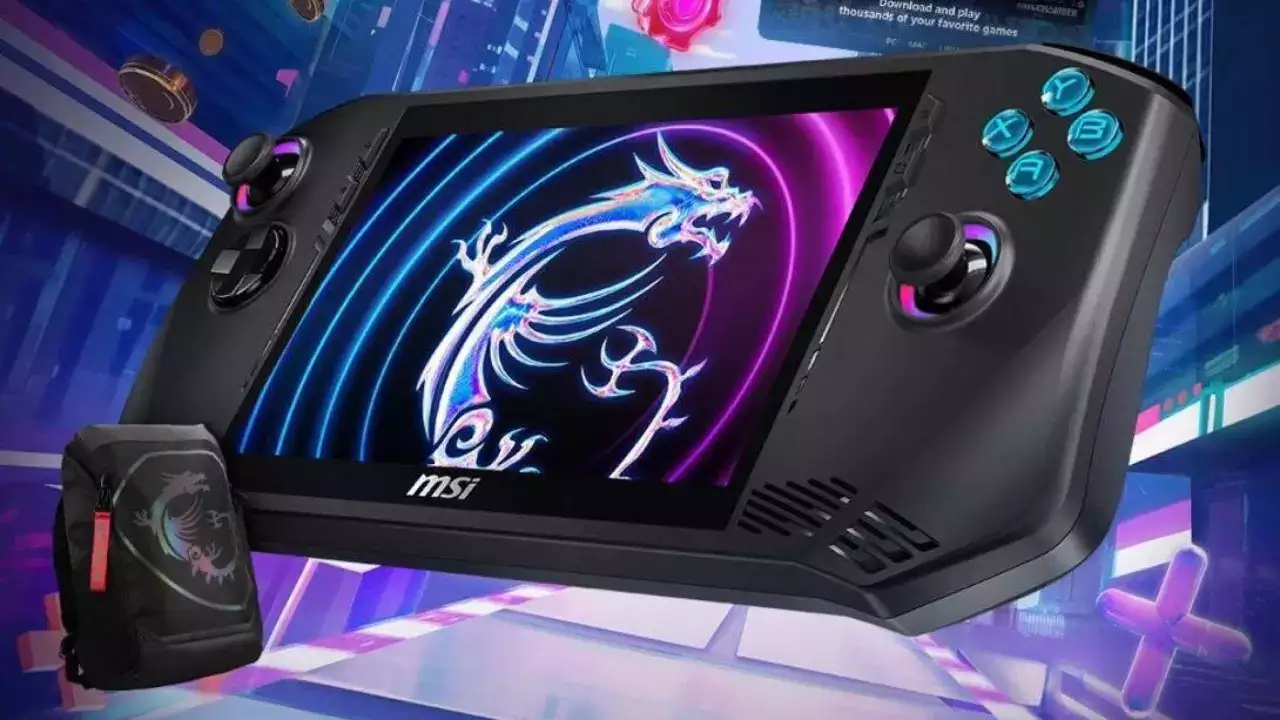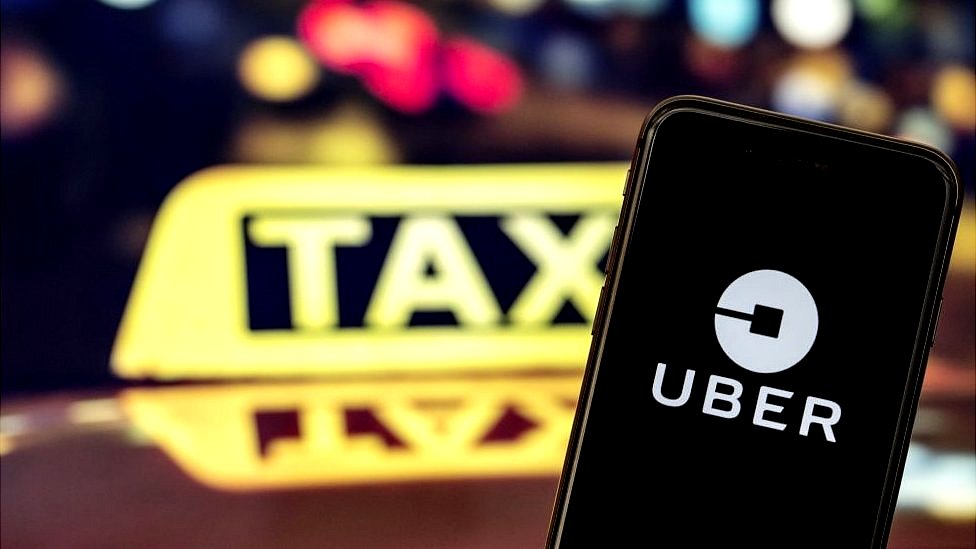In the ever-changing world of technology and retai...
How Virtual Keyboards for VR May Turn Any Flat Surface Into a Keyboard
September 01, 2023 By Awanish Kumar

(Image Credit Google)
The experts found the typing speed a bit slower than the PCs and smartphones as using floating keyboards users need to sway their hands in the air. Furthermore, virtual keyboards lack haptic feedback and wrist support as well. [caption id="attachment_192373" align="aligncenter" width="660"]View this post on Instagram
 Image credit : AppleInsider[/caption]
In order to make the virtual keyboard precise & perfect for usage, a large QR code was pasted on a table with contenders tapping buttons with their hands, just the way they would tap on a physical keyboard. However, there are some challenges as well, like even the tiniest difference between the heights of virtual and real surfaces may lead to wrong key presses.
Virtual keyboards tend to be exploited by hackers as well. A team of computer science analysts at the University of California Riverside has depicted that spyware can track and record human movements.
AI algorithms are able to proficiently decrypt this data into words with a precision rate of 90 percent or more. For instance, spyware could potentially track this password after you take a pause while typing during your virtual gaming session to access your Facebook messages by "air typing" your password on a virtual keyboard shown by the headset.
Also read : Google Will Present Pixel 8 In Its Upcoming Event On October 4th
"Basically, we show that if you run multiple applications, and one of them is malicious, it can spy on the other applications," Abu-Ghazaleh said in the news release. "It can spy on the environment around you, for example, showing people around you and how far away they are. And it can also expose to the attacker your interactions with the headset."
Image credit : AppleInsider[/caption]
In order to make the virtual keyboard precise & perfect for usage, a large QR code was pasted on a table with contenders tapping buttons with their hands, just the way they would tap on a physical keyboard. However, there are some challenges as well, like even the tiniest difference between the heights of virtual and real surfaces may lead to wrong key presses.
Virtual keyboards tend to be exploited by hackers as well. A team of computer science analysts at the University of California Riverside has depicted that spyware can track and record human movements.
AI algorithms are able to proficiently decrypt this data into words with a precision rate of 90 percent or more. For instance, spyware could potentially track this password after you take a pause while typing during your virtual gaming session to access your Facebook messages by "air typing" your password on a virtual keyboard shown by the headset.
Also read : Google Will Present Pixel 8 In Its Upcoming Event On October 4th
"Basically, we show that if you run multiple applications, and one of them is malicious, it can spy on the other applications," Abu-Ghazaleh said in the news release. "It can spy on the environment around you, for example, showing people around you and how far away they are. And it can also expose to the attacker your interactions with the headset."
Leave a Reply

Apple's iOS 18: A Leap into the AI Era
March 12, 2024

Google's Regular Pixel 8 Won't Get Gemini Nano AI
March 12, 2024

MacBook Air M3 Makes Amends for M2's Storage Blunder
March 11, 2024

Samsung Unveils the Galaxy M15 5G
March 11, 2024

Elon Musk's xAI to Open-Source Chatbot Grok
March 11, 2024

Contra: Operation Galuga - A Modern Run-and-Gun Classic
March 11, 2024

Musk Confirms X's TV App Arrives This Week
March 11, 2024
RELATED NEWS
2
3
4
5
6
7
8
9
10




